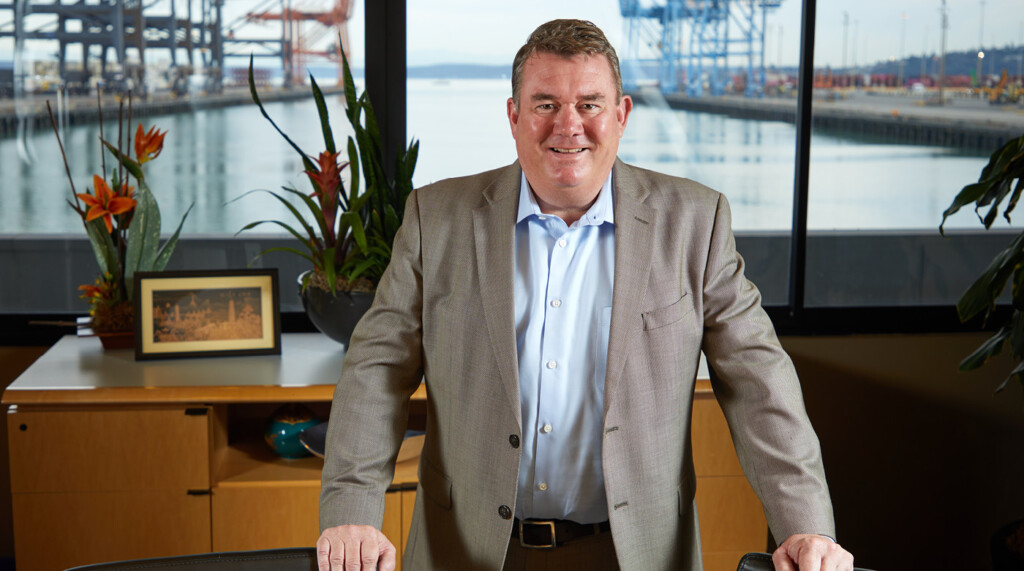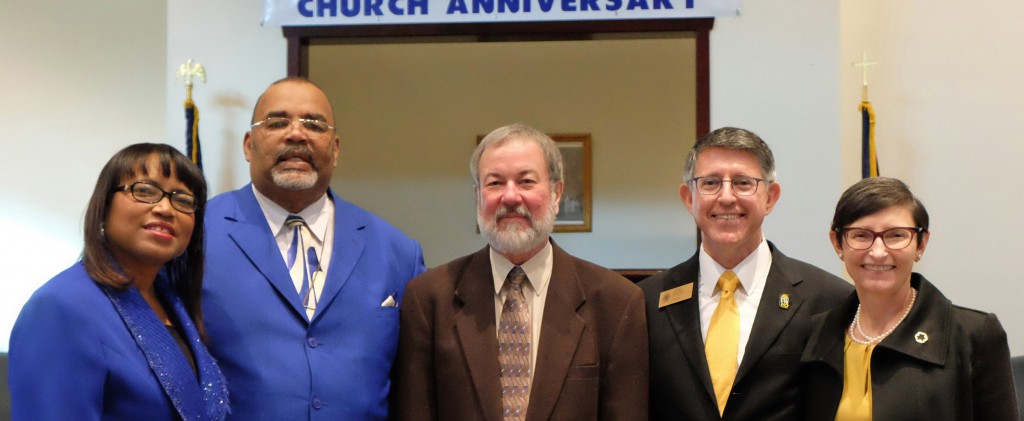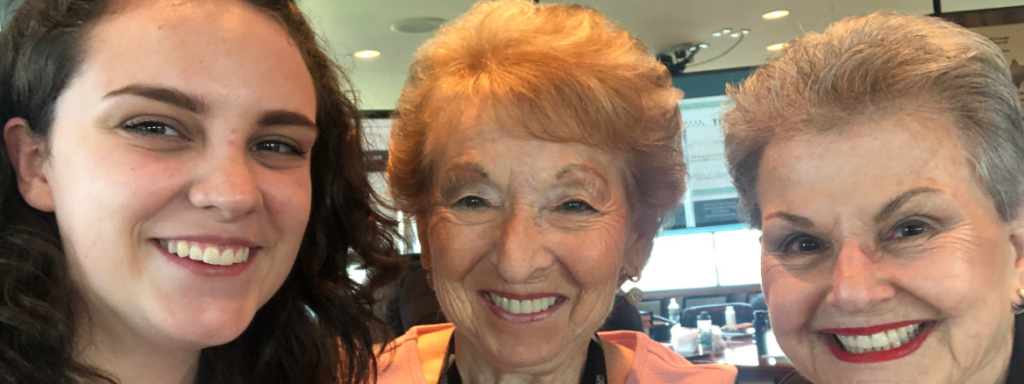Page 221 • (2,429 results in 0.036 seconds)
-

Sound region. John Wolfe ’87 and Mark Miller ’88 were the first two Lutes featured from the Port of Tacoma and Northwest Seaport Alliance. Previous Lute Powered series highlighted PLU alumni at Amazon, MultiCare Health System, and the City of Tacoma. Read Previous NW Seaport Alliance CEO John Wolfe ’87 discusses his career in maritime leadership Read Next Lute Powered: Port of Tacoma and Northwest Seaport Alliance COMMENTS*Note: All comments are moderated If the comments don't appear for you, you
-

Scholarship Weekend—and being awarded the Harstad Founder’s Scholarship. “The people I’ve met at PLU have inspired me to do well in multiple areas, because it’s possible to do many things at once,” she notes—including a roommate who excels in environmental studies, chemistry, and piano. Over the past four years, Beeson’s interests have included orchestra, dance, photography and art. During her time at PLU, Beeson maintained several leadership positions, including social justice director of the Associated
-
viewpoints, humanitarian perspectives, and leadership challenges. Experiences that requires you to coordinate and be closely involved with other people will develop and demonstrate maturity and commitment. Academic Research While not a requirement at every professional school, research can give you an academic edge. Research provides insight into how science works outside the classroom setting, and a pharmacist must be a researcher, able to gather information and draw conclusions. You will need to have
-
viewpoints, humanitarian perspectives, and leadership challenges. Experiences that requires you to coordinate and be closely involved with other people will develop and demonstrate maturity and commitment. Academic Research While not a requirement at every professional school, research can give you an academic edge. Research provides insight into how science works outside the classroom setting, and a pharmacist must be a researcher, able to gather information and draw conclusions. You will need to have
-

about yet another racially-motivated incident in our country, we have another stunning situation to process: The resignations of the University of Missouri’s top two administrators represented a remarkable coup for student protesters, who have long demanded that leadership deal with their concerns about pervasive racism, among other issues on campus. But the looming question now – for Mizzou and for every college campus in the nation – is what happens next? How does a university create a climate in
-
this guide to assist faculty in requesting instructor editions from publishers. I cannot meet the textbook adoption deadline. What should I do?We realize not all faculty can meet the adoption deadlines and new classes, sections and instructor changes sometimes come after adoption deadlines. These requests should be made as soon as information is available. We are committed to supporting PLU’s mission to educate students for lives of thoughtful inquiry, service, leadership and care–for other people
-

Headed for a History Ph.D. – Updates from an Alum Posted by: shimkojm / December 11, 2019 Image: Carli at the Museum of Jewish Heritage in NYC, with friends Celia (center) and Joy (right). Celia survived Nazi occupation in WWII by pretending to be a Polish Catholic child. December 11, 2019 By Carli Snyder, ’17, and Beth Kraig, Professor of HistoryFirst, we are glad that you chose PLU. Our mission is to prepare students for lives of thoughtful inquiry, service, leadership, and care – and we
-

, describes innovation and ethical behavior in the food industry, one of the themes of the Hist/Phil 248 course. Pathways into the Program The Innovation Studies minor offers a unique set of features for students, including an opening and concluding course that focuses on teaming and innovation. Hist/Phil 248 provides the introduction to the program, which introduces group work, leadership, and building a shared vocabulary that includes history and ethics. Inov 350 is the final course, which puts
-

become a pianist, I think I’d have much more difficulty enjoying playing. But now I play very often, and I really enjoy it. Whenever I’m stressed, or feel stuck with my ideas, I play the piano and immediately feel happy and inspired.” Still, she says, her early educational experience is a big reason she remains so committed to personal mentorship. “Working in the United States, I appreciate being able to focus more fully on what I really want,” she says. “I’m pretty satisfied with how my career has
-

the equipment they need to stay safe during construction. It’s a lot for them! PLU: How are you and others helping educators and children in places that lack access to the technology and tools needed for effective distance learning? Anderson: Lack of access to technology and tools is a real struggle for many of the teachers we are working with. Educational equity, especially when it comes to access to technology and internet connectivity, is one of our biggest problems in education. To support
Do you have any feedback for us? If so, feel free to use our Feedback Form.


